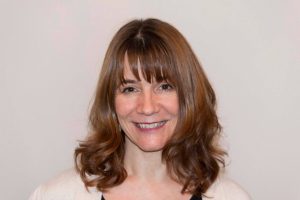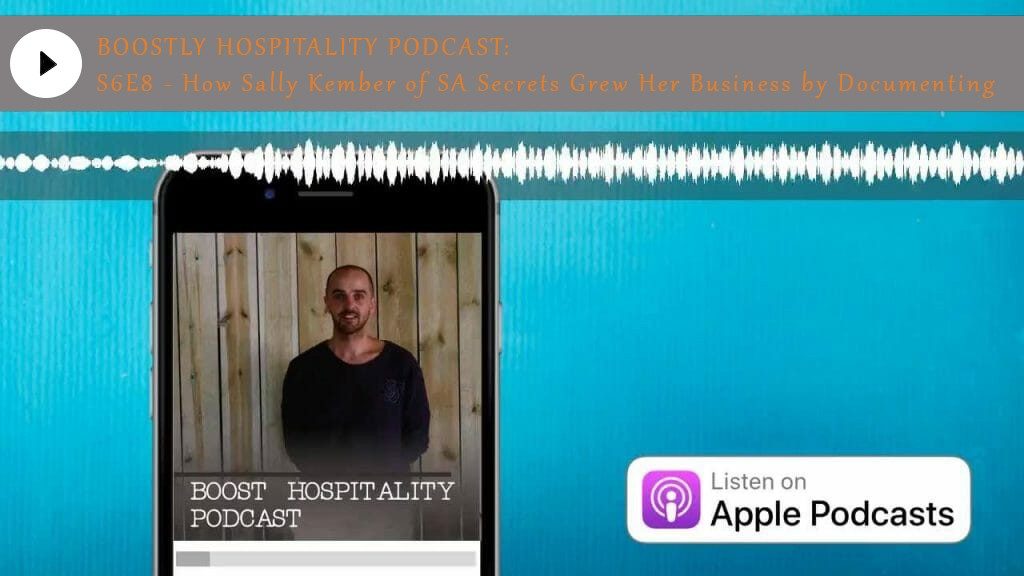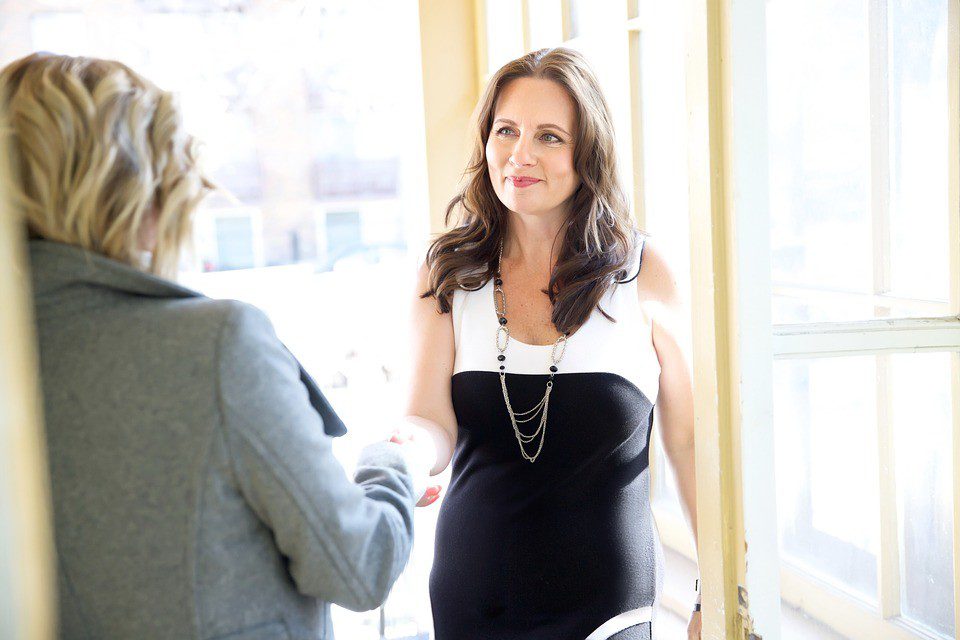The Boost Hospitality Podcast is back for another season! And we are now in Season 6. And this time, we are currently on the eighth episode of season six! For this episode of Boostly Hospitality Podcast, I have invited a special guest to talk about how to grow your Service Accommodation business by documenting. We have Sally Kember to talk about documenting on this podcast episode.
Sally Kember will talk about her journey on documenting her service accommodation business to success
 Sally Kember lives in West Sussex and operates five service apartments in Redhill, Surrey. She also has a Facebook Group where you can ask to join and she also has a Facebook Page where you can follow to know more and to keep updated.
Sally Kember lives in West Sussex and operates five service apartments in Redhill, Surrey. She also has a Facebook Group where you can ask to join and she also has a Facebook Page where you can follow to know more and to keep updated.
In terms of property strategies, Service Accommodation isn't property at all – serviced accommodation is hospitality, which is what you're in, but we did SA and property training together.
I'd say it's just a couple of years or so ago we started, we had done some property training before that. But we were both keen to kind of look at ways to become more financially independent.
And so it's a combination, you know, a good way to have a cash flowing strategy and you can combine it well with the property as well.
So we did lots of training and all different types of property strategies and then started off with this one. And we've got other things going on as well.
The journey to be financially independent is great because I actually haven't had a proper job. I'm kind of unemployable with an artistic temperament, and I'm an artist.
But I really like working with people, and you meet all sorts of interesting people. And I actually quite enjoy the property as well but haven't done much else so far. There are lots of other things I'd like to do as well.
Visit Sally's website to know more about her and her service accommodation business.
Which service accommodation company that offers property training did you go with? And why did you choose to go with that?
So with Progressive Property, we did a basic kind of master class, because we have our own residential property and have done bridges.
The whole business of being in property, we learned initially with them, and then we carried on with them.
And they give a lot of content actually and it's then the next step is to then put it into action.
But do they have a lot of really good trainers and are very inspiring, they're not just into the property and service accommodation.
They're into all sorts of really interesting things and there's a whole network with your property training.
And lots of great people.
To be accountable is a good thing
We did a three-day training and then we did a mastermind for six months, which was good because we were looking for rent to Service Accommodation rather than purchasing.
It just seems to take forever to find a property and I don't know how much of that was procrastination or fear.
And you know, stepping out of the norm, shall we say?
The fact it just was a bit problematic.
So, I'd go and see agents and say too much or I'd go and say not enough.
We did different role plays together because it just wasn't working.
And then finally, we met some developers who were freeholders, who've been going for quite a long time.
We're still working with them and that's brilliant. It just took a long time to find a property, really.
But I think it's also a big mindset thing.
I'm quite into different mindset aspects. Certainly, exploring all of that, as I'm quite spiritual, really, I think the mindset is huge. It's everything really!
Because without the right attitude, you just don't do anything!
And so, I think that was key and also, if we haven't been accountable, I think it would have been easy to drift off and not do anything.
What made you do that service accommodation job?
One of the things I really like is helping people, it’s my key thing. So, I thought, well, I can't really do that if I hide somewhere!!
Nobody will know what I'm doing, and I can't help them!! What I was actually concerned about is people think you're going to come across as an expert.
It's much more commentary as you say, what I'm doing in the podcast because I'm quite new to Service Accommodation.
There are loads of people with lots of service accommodation units and got really big companies.
They could easily do something like that (the podcast), and they know so much more than me.
But I think what I was feeling it would be valuable for people who are fairly new or started quite recently.
That's meant to help them and share the fact that it's not all amazing, you see a lot of the hype and how fabulous it is.
There's also a downside, and it's how you solve all those different problems as well.
And so, what made me take the leap was that really, there's no point doing all this training and if I'm wanting to help people if you just don't do it.
So I just actually started doing Facebook Lives in order to launch the podcast.
Because I thought, you know, with the podcast, you can just sit behind a microphone, and not be visible.
But I thought, well, if I do weekly live, then everybody will see what I'm talking about, what I'm doing in my business.
It's two things in that it means I'm saying I'm going to do a podcast, therefore I have to because I'm doing Facebook Live!
Then it means that I'm sharing information and documenting what I'm doing in my business.
So, this keeps me accountable and actually bettering my business, I think because I'm talking to people about it.
What are the next steps from them getting it where it's on?
We've got a platform called OmnyStudio. You can have up to four channels on there with the setup we've got.
And you can just record your voice, so I've got a Zoom recorder.
We've got a C1 microphone, which looks like a traditional kind of microphone.
I tend to have that setup if I am just at home or at the apartments or somewhere so record
separately on that equipment. As well as on my phone recording the FB live, because that (Zoom) has better audio than my phone.
So if I've got a Zoom recording as well, that's good, but I didn't start off with having that actually because I just needed to get going with the podcast.
My husband, he's very technical and said he'd get it all edited for me.
And because he's a really busy man, I felt like, “I'm never going to get started!”
So I found an audio editor, and asked, “Can you put together my first six episodes?” – it's really good to have six episodes of your podcast ‘in the bank.'
When you launch people like to get to know about something from these episodes, so he helped me do that.
Then he probably edited it more than we do now, so when I said hi to people in the lives, he deleted it.
I've got an intro and outro, so we basically, were supposed to have five seconds of silence at the beginning and end of the recording, but I find silence a bit of a challenge!!!.
Then we basically have been putting these on the end of the audio from the Facebook Lives most of the time.
Sometimes I do an extra section for more information just for the podcast.
Who is Rob Moore?
He and his partner Mark Homer run Progressive Property, and they have other companies.
Unlimited Success as well and that's all sorts of training e.g. running an Amazon business.
And he has a couple of podcasts as well, Disruptive Entrepreneur and the Money podcast, and so I like Rob's work quite a lot.
He was an artist and a failed artist by his own admission.
But he's really interesting because he said he was arrogant.
And didn't like people like Tracey Emin and Damien Hirst, how they were so successful in art.
And he just thought it was all wrong and he didn't know anything about sales, and he didn't charge enough.
Honestly, I can resonate quite a lot with that, because actually, I did a degree in commercial illustration.
But I've always just loved art and it's one of those things where I don't know, artists are expected to starve in a garret.
Then when they're dead, everybody buys their work!
That's the thing that I bought into, it's just not right. I don't like it.
And so that kind of aspect of him, I really resonated with and I've seen him speak at quite a few events.
Because we've done mentoring with Progressive as well, just to get a kick up the backside to keep things going.
More about Rob Moore
He's really into the whole mindset aspect as well, which I really enjoy.
So, the thing I went to the weekend was a mindset and money event, and he's just written a book.
It's really fascinating, you know, what you believe you can do, you can do, whereas if you don't have the belief, or you don't have the imperative to do things to drive forward, you're not likely to do them.
I think people like that are very inspiring and sometimes when you're having a really bad day, it could be easier to go and get a job.
That's the kind of thing they're talking about – the mindset and money event is really useful when you are an entrepreneur when you've got your own business.
You have a different set of challenges than somebody who decides they're going to go and work for somebody else.
But you know, it's on your terms, isn't it? So, I think that's the great thing about it. And Rob's very much an ideas person.
He has lots of different ideas he starts, podcasts being one of them, and they do all sorts of events.
He's got a bit of a reputation for being heavy on sales.
And I was at the super conference that they did recently with Grant Cardone in London as well.
There were quite a lot of sales there but some really interesting people speaking as well, so you learn a lot too.
But the mission is for global financial freedom, which I think is pretty awesome.
And so, I think coming from that place of really caring about people and what they can achieve, it's fine.
Listen to the full podcast on iTunes or Anchor or visit Boostly Hospitality Podcast for the full list of episodes!







